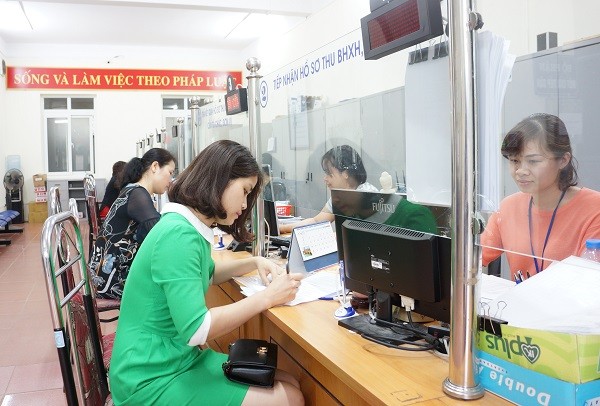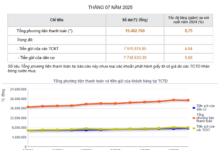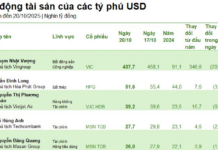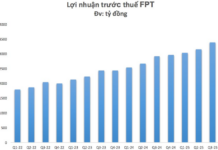Recently, voters from the provinces of Bac Kan and Vinh Long have proposed to the Ministry of Labor – Invalids and Social Affairs (MOLISA) to consider reducing the minimum years of social insurance contribution from 20 years to 10 years so that workers can receive pensions. They believe that the voluntary social insurance contribution period of 20 years is too long and many people cannot afford to pay the premiums.
Voters also propose adjusting the pension amount corresponding to the years of social insurance contribution, and stipulating the pension entitlement according to the principle of “pay more, receive more; pay less, receive less”. This will create opportunities for latecomers or those with non-continuous participation to receive pensions in a shorter period of time.

The Draft Law on Social Insurance (amended) proposes to reduce the minimum years of social insurance contribution to receive pensions from 20 years to 15 years.
MOLISA has responded to these proposals, pointing out that on May 23, 2018, the Central Party Committee of the 12th term issued Resolution No. 28-NQ/TW on social insurance policy reform. It includes provisions for amending the retirement conditions by gradually reducing the minimum years of social insurance contribution from 20 years to 15 years, and aiming for 10 years.
At the end of 2023, the Government submitted the Draft Law on Social Insurance (amended) to the National Assembly, which proposed to reduce the minimum years of social insurance contribution to receive pensions from 20 years to 15 years.
MOLISA stated that the content of the voters’ proposals will continue to be discussed in the process of research and gathering opinions from the National Assembly deputies to complete the draft Law on Social Insurance (amended). This draft will be reported at the 7th session of the 15th National Assembly, which will take place in June 2024.
Resolution No. 28-NQ/TW, issued on May 23, 2018 by the Central Party Committee of the 12th term, is a significant step towards social insurance policy reform in Vietnam.
In this resolution, one of the main contents is amending the retirement conditions. Specifically, the resolution proposes to gradually reduce the minimum years of social insurance contribution required to be eligible for retirement benefits from 20 years to 15 years, with a goal of 10 years. This is to provide opportunities for older workers who have low years of social insurance participation to access and enjoy social insurance benefits.
The resolution also emphasizes administrative reform, application of information technology, simplification of registration, payment, and receipt procedures for social insurance, and improvement of the quality of social insurance services in a friendly, transparent, and convenient manner for citizens and businesses.
Resolution No. 28-NQ/TW has laid the foundation for sustainable development of the social insurance policy, and affirms and enhances the role of social insurance as a key pillar of the social security system.





































